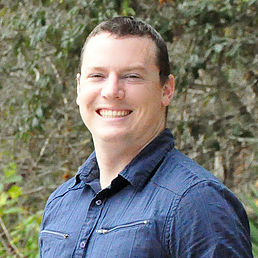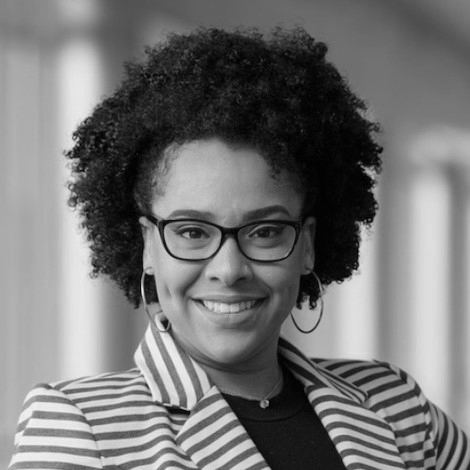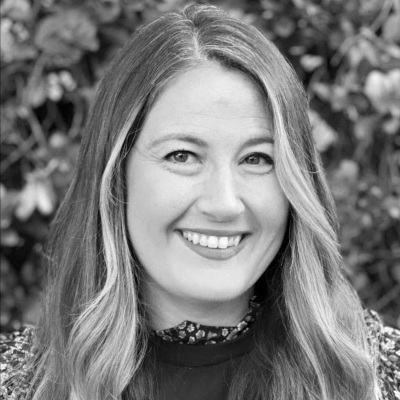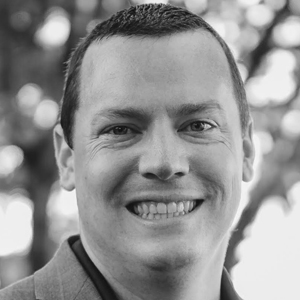Let’s talk about Panic Disorder, Panic Attacks, and Agoraphobia
Panic disorder is an anxiety disorder characterized by frequent and unexpected panic attacks that are distressing. The DSM-5 defines panic attacks as discrete periods where you experience intense or extreme fear or discomfort while also experiencing intense physiological symptoms. These symptoms might include rapid heart rate, shaking, or sweating.
What are Panic Attacks?
The DSM-5 defines panic attacks as being either expected or unexpected, which is a simplification from DSM-IV-TR, which panic assaults into three classes: situationally bound/cued, situationally predisposed, or unexpected/uncued. Panic attacks have no obvious trigger or prompt and may happen suddenly without warning. Per DSM-5, a panic attack requires four of accompanying symptoms, while limited-panic attacks may have less.
What do panic disorders feel like?
- A feeling of choking
- Chills or hot flushes
- Chest pain or discomfort
- Feeling dizzy, unsteady, lightheaded, or faint
- Feelings of unreality (derealization) or being detached from oneself (depersonalization)
- Fear of losing control or going crazy
- Fear of dying
- Nausea or abdominal distress
- Numbness or tingling sensations
- Palpitations, pounding heart, or accelerated heart rate
- Sensations of shortness of breath or smothering
- Sweating
- Trembling or shaking
I keep hearing about the DSM-5. What is it?
The Diagnostic and Statistical Manual of Mental Disorders (DSM) is essentially an encyclopedia of mental health disorder published by the American Psychiatric Association (APA). The DSM-5 is the current standard framework to classify, diagnose, and distinguish mental health disorders and is used almost exclusively in the United States. The International Classification of Diseases 10 (ICD-10) is utilized by almost all other developed countries, and while similar in nature and scope, is not limited to mental health problems.
The 2013 arrival of DSM-5 was a significant update and restructuring since the DSM-4-TR which was released in 1994. These changes included the establishment of a new disorder classification for Stress and Trauma-related Disorders, as PTSD had previously been considered an anxiety disorder, much like Panic Disorder. The DSM-5 was fairly controversial as it utilized a novel conceptualization of mental health disorders which broke from previous editions. Despite these controversies, it remains a critical resource for treatment, research, and third party reimbursement. Numerous experts feel that this framework is better than no framework by any stretch of the imagination.
How Panic Disorder is diagnosed in DSM-5
The clinical symptoms of Panic Disorder are explicitly defined within the DSM-5. Panic Disorder is an anxiety disorder that is most easily identified by the presence of reoccurring and distressing panic attacks. You must also fear additional panic attacks for at least one month after a panic attack and change your behavior around this concern or fear to be diagnosed. This fear may cause you to change your habits, routines, or to avoid things that might incite a panic attack.
It’s important to also consider the cause of the panic attacks, as panic attacks must not be attributable to another condition. Several substances (legal or illicit) can cause symptoms similar to a panic attack. Similarly, other mental health conditions or anxiety disorders may elicit strong feelings of anxiety. In that example, anxiety would probably not warrant an additional diagnosis of panic disorder. Other mental health conditions that might be confused for panic disorder include obsessive-compulsive disorder (OCD), post-traumatic stress disorder (PTSD), or separation anxiety disorder
What are the differences between Agoraphobia and Panic Disorder
Historically, agoraphobia was closely related to panic disorder. DSM-5 has reclassified agoraphobia which is now considered a separate disorder. This is probably the greatest distinction between DSM-IV-TR and DSM-5 concerning panic Disorder and agoraphobia. DSM-5 notes that an individual must encounter extreme dread or anxiety in at least two circumstances, such as being in public places, open spaces, or in crowds. You must also engage in avoidance behaviors, which typically result from fear or anxiety about being in circumstances or situations which might elicit panic attacks.
Who can diagnose panic disorder?
Only your doctor or mental health professional can formally make a panic disorder diagnosis. While the symptoms may be easy to identify and understand, there is a wide variety of other causes that could contribute to or illicit panic-like symptoms, which must be ruled out before considering panic disorder.
Can panic disorder be cured?
There is no “cure” for panic disorder. However, there is certainly hope for those experiencing chronic symptoms of panic. Both medication and psychotherapy can be very effective for the treatment and management of panic symptoms. Cognitive Behavioral Therapy has a longstanding history of helping those who suffer from anxiety due to panic attacks better manage their symptoms.

Will panic disorder go away on its own?
While it is certainly a possibility, there is no way to reliably predict the course of mental health disorders including panic disorder or agoraphobia. Symptoms may remit on their own for some people and may worsen over time for others. Often, the best encouragement we can provide is to discuss your symptoms with your physician or mental health provider honestly so you can decide on treatment now, rather than later. If you are interested in discussing treatment options with Neurocove Behavioral Health, please contact us. You can also send as an email here or telephone call by clicking this link.
References:
Gould, R. A., Ott, M. W., & Pollack, M. H. (1995). A meta-analysis of treatment outcome for panic disorder. Clinical Psychology Review, 15(8), 819-844.
- Which Therapy is Best? - December 14, 2023
- How to deal with Burnout when you’re sick of everything and everyone. - February 23, 2022
- The Hidden Dangers of Social Media: How It Can Eat Away at Your Mental Health - August 21, 2021








